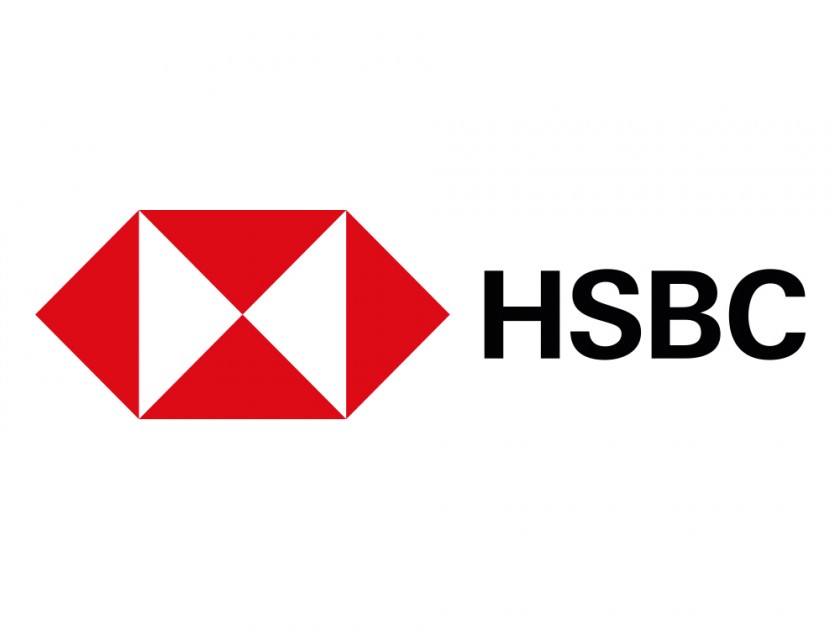HSBC's three-year plan to deliver business transformation
How long has HSBC been in Poland? How long has HSBC had its own Shared Service Centre here?
Alexandra (Alex) Schmidt, Centre Director of HSBC Service Delivery (Polska) Sp. z o.o.: We’ve been operating in Poland since 1990, first as an investment company, then as a bank following the acquisition of a local bank. In 2007 we set up a back-office function that has developed into one of our Global Service Centres (GSC) and now operates as HSBC Service Delivery (Polska) Sp. z o.o.
Could you tell us more about HSBC’s Shared Service Centre presence globally? Why was Poland chosen as a location for one of its centres?
HSBC has 21 Global Service Centres located in India, China, Malaysia, Philippines, Sri Lanka, Egypt and Poland. In short, they are the engine rooms that process data and transactions for all four HSBC global businesses and manage change to make banking services simpler, better and faster for customers. The centres provide a variety of professional services to the bank globally, including running and delivering customer operations, financial analysis and control, supporting the bank’s risk management, while also developing software and apps to help make HSBC the bank of choice. HSBC has invested to expand its presence in Krakow because it is an excellent location with a good infrastructure and the right talent with the language and technical skills to support our digital and innovation agenda.
What are your plans for the next 5 years for operational activities in Poland?
HSBC Service Delivery (Polska) Sp. z o. o. has grown tenfold since it opened. The centre now employs 3,000 people and we expect this growth to continue. We are planning to broaden the scope of our operations to include new processes that will offer high-quality services. This will enable us to attract new talent, customers and partners. We will continue to invest in robotics and cognitive technologies, such as AI and machine learning, to enable our people to focus on more complex and value-adding activities, such as analysis, investigations, problem-solving and the management of projects or systems.
The leitmotif of public business discussion is the digital revolution and new technologies nowadays? As a Polish Shared Services Centre, how are you preparing for changes related to them? What changes have you already implemented? What are you going to implement in the near future?
Our "Think 2030 Deliver 2020" strategy sets out a programme of investments in technology, innovation and people to deliver services in ways that make customers’ lives easier. We have a three year plan to deliver this transformation, based on 10 strategic actions and we are delivering that change through six interconnected transformation programmes. Alongside process reengineering and simplification, we are harnessing innovation, automation and technologies like artificial intelligence, machine learning, robotics, cloud and biometrics. Instead of doing manual processing, our people are focusing on more complex and value-adding tasks such as analysis, investigations, problem-solving and management of projects or systems. This transformation is an opportunity for our people to get involved and shape a more future-focused career.
Sustainability is clearly a focus at HSBC. Does this approach transfer into Polish SSC and how?
Of course! At HSBC we believe that how we do business is as important as what we do. We are committed to making our operations more efficient and managing our own environmental footprint. For example, by digitizing our operations and customer communications, we have reduced our paper
consumption by 70 per cent in the last three years. Our ambitious internal sustainability programme called Reduce focuses on energy, waste, travel and paper reduction. I’m especially proud of one of the recent examples of minimising our impact on the planet – we have completely removed single-use plastic cups from our Krakow offices. Now our people drink water from world’s most eco-friendly bottles, saving about 370 thousand plastic cups each year. Additionally, we have a long history of encouraging our people to volunteer their time and expertise to a range of causes, from environmental, educational and social needs in our local communities.
What is the biggest challenge for the entire SSC industry today?
As the industry is constantly growing and Poland’s economy continues to outperform the EU average, companies may find it increasingly difficult to attract a highly-skilled talent. To meet business expectations and remain competitive among other SSC markets, companies must work hard to attract and retain talent.






